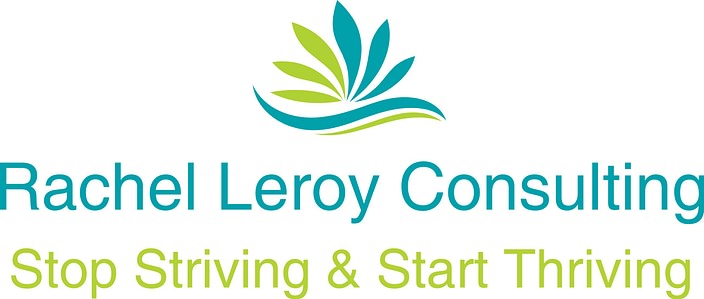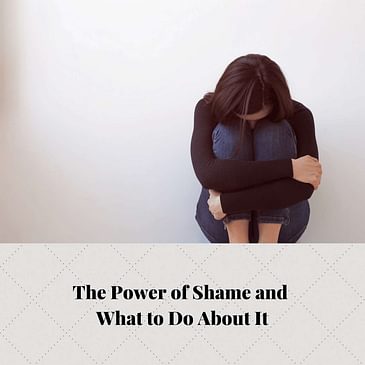Episode Description
Shame is probably the most powerful and deeply rooted core wound we can have, and it's often a result of abuse, neglect, and trauma. In The Power of Shame and What to Do About It, we discuss what shame is, its origins, and the insidious nature of shame, including how it comes from the enemy. This episode discusses the deep power of shame, what it does to us, and how pervasive it can be on an unconscious level, including the difference between guilt and shame. Guilt states "I made a mistake," and shame states, "I am bad" or "there's something wrong with me." We discuss how it's important to distinguish these two and become aware of our shame. This episode then shows how love, validation, and bringing shame into the light can help us heal it, knowing we're not alone. We discuss specific practices and strategies to heal shame, as well as the powerful results of healing shame, like a weight has been lifted from our shoulders. Through healing shame, we can feel better and live the life God meant for us to live.
Breakdown of Episode
1:17 Intro to New Episode
4:48 Nature, Definition, and Origins of Shame
15:41 Symptoms. Power, and Impact of Shame
23:13 The Deep Power of Shame and What it Does
27:00 How We Can Heal Our Shame
37:56 Specific Practices to Heal Shame
42:59 Power and Results of Healing Our Shame
To view sources, go HERE:
https://docs.google.com/document/d/1bHmGK6xQhCMfyqaOkDqmHFuqWfEg_NYkvU_39N76dk8/edit?usp=sharing
Christian Emotional Recovery Resources
Podcast Website
Access Episodes, Get Free Resources, and More
https://christianemotionalrecovery.com/
Facebook Group
Join Community, Get Support, and Get Weekly Encouragement
https://www.facebook.com/groups/christianemotionalrecovery
YouTube Channel
Subscribe for Exclusive Material Not on Podcast
https://www.youtube.com/channel/UC4a5jGXZ0-qzPINAspnLwPw
Christian Emotional Recovery Store
Get meditations, infographics, journals, and other resources for your healing journey
https://www.rachelleroy.com/9527496b-b1ed-4744-875f-dd04bfd3ad2a
Trauma Survivors
Check out Resources Page for Trauma Survivors
https://www.rachelleroy.com/bc953a63-...

